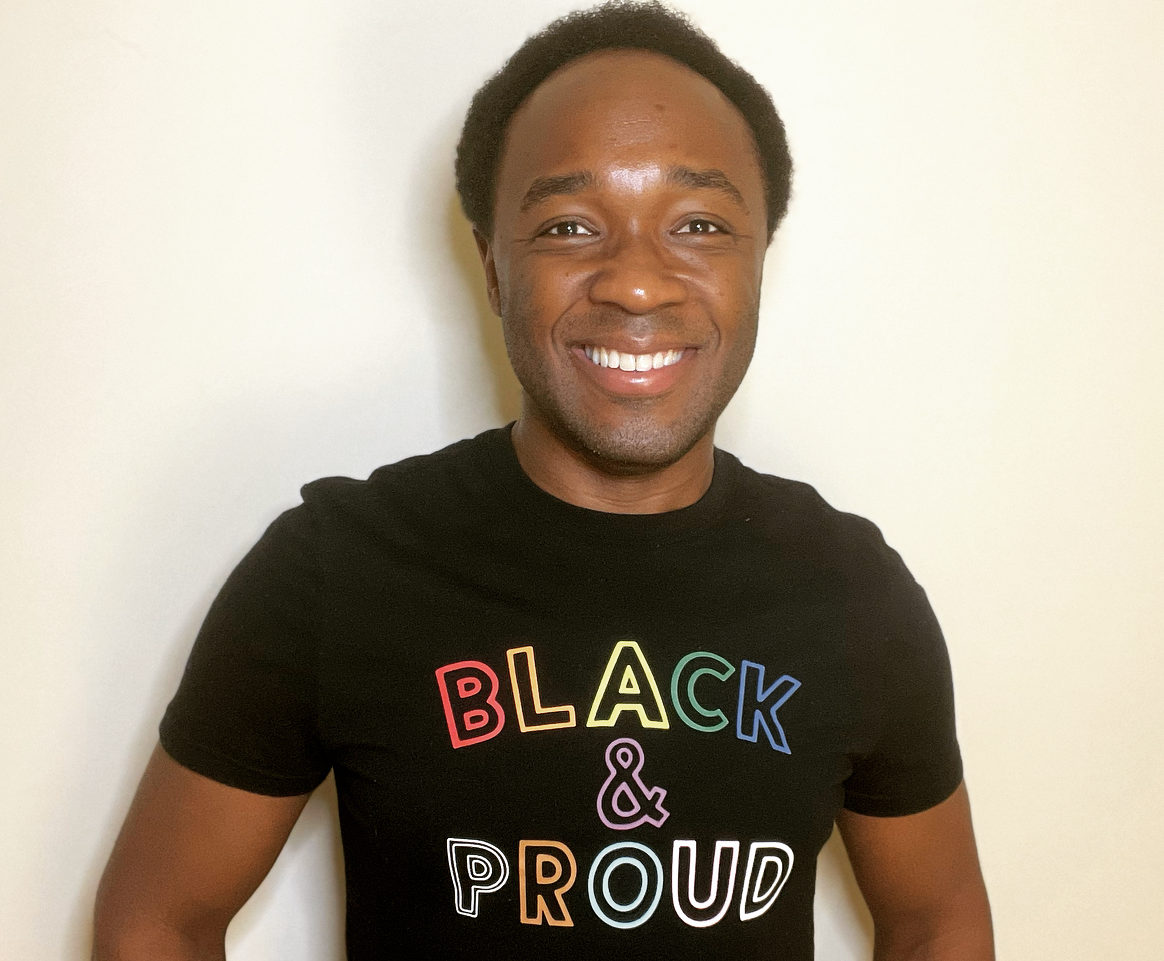There is often a glacial process of erosion before something finally becomes extinct. Linguistically, from ancient to modern conquests, native tongues throughout the globe eventually transitioned to this unfortunate mass extinction: the poetic Mozarabic of Al-Andalus was replaced by the Iberian tongues of Spanish and Portuguese. Nubian languages, long without a country to call their own, continue their steep slope, slowly supplanted by Arabic. Infamously, most Indigenous languages on what became American soil, decimated by English expansion.
Socially speaking, however, in our landscape today, the process to extermination feels unprecedentedly accelerated. We are cascaded by bigots and their stans, using their languages of hate, to lawfully erase marginalized identities. Educational books are being banned. History that exposes the continued raw truth of America’s story is eliminated and throppling that, are recent legislation looking to leap from state to state, punishing people for even saying the word gay.
As someone who navigates the nuances of being both Black and gay, the very fabric of my being is under attack from the harsh hypocrisy of these actions. I, as an artivist, daily stare at these social typhoons threatening to type me beyond the margins and off the page entirely.
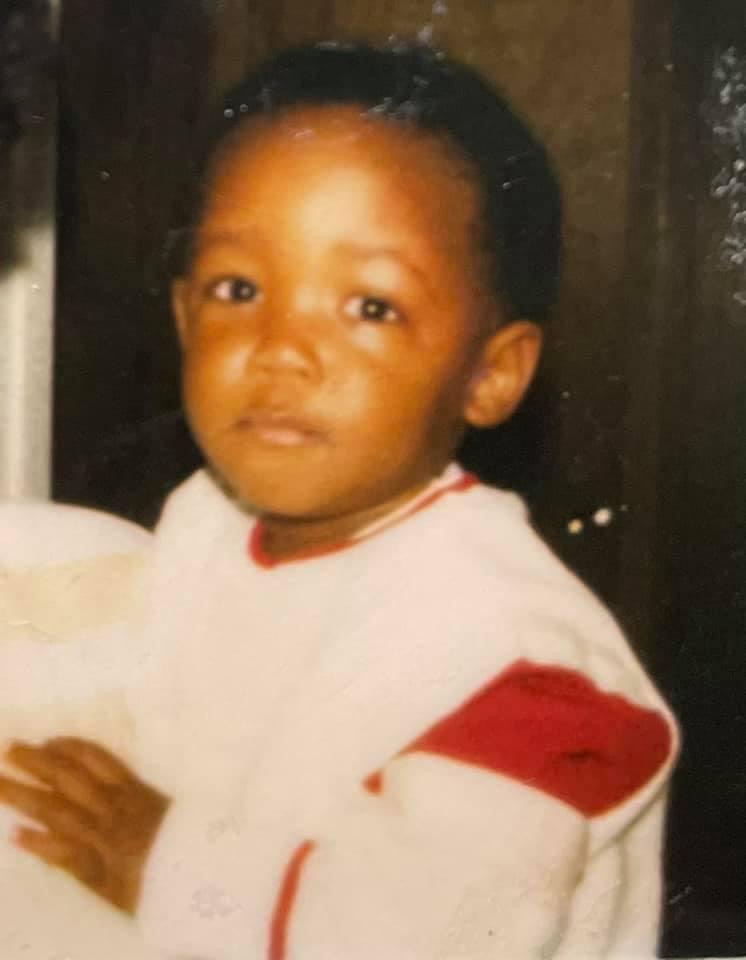
Well, I negate their negligent narratives and embody an alternative. My platform on and off the stage, targets to combat this hallow heteronormative stratification permeating our weary world by creating a universe that amplifies and embraces narratives on the Queer spectrum scale told through the lens of the African Diaspora.
In Part I of my article written last week, I chronicled how the absence of cultural identity from historic and paternal erasure, catapulted me on a lifelong cultural quest to be in communion with community. I also experienced equal intersectional absence of both identities central to my being.
In my youth (well, as quiet as it’s kept, my doctor says I am still in my youth and healthy so there’s that!), as a Black child, hungry for queer representation to the point of starvation, I eagerly ate the queer coded crumbs offered in media such as fellow Aquarius and Scorpio moon James Dean’s all too brief filmography-particularly in “Rebel Without a Cause.” I would salivate all the hints, gems dropped into the deepest of oceans, where me, a non-Olympic scuba diver, had to dive deep in for those recognizable moments of queerness.
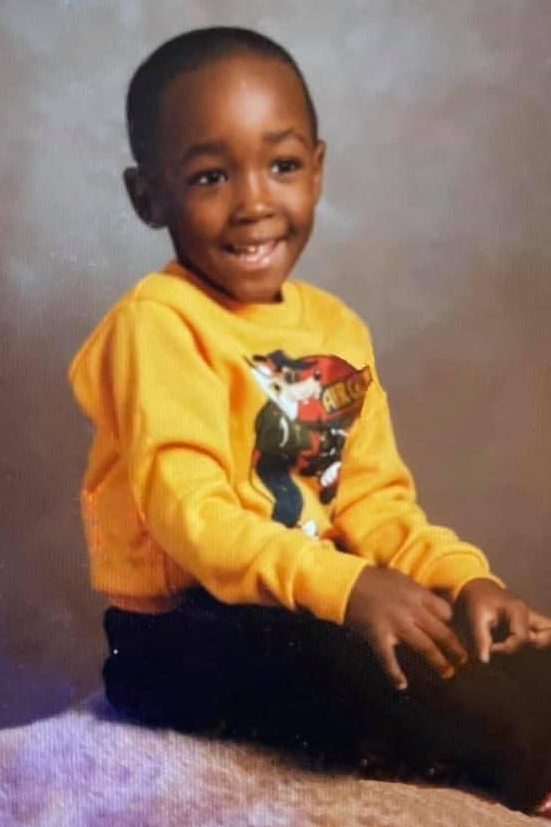
But my hunger desired nourishment and demanded more.
In college and grad school, I was introduced to a plethora of plays by queer playwrights writing about queer characters, often free of the stifling queer coding stigma of yesteryear. Happily hoping my hunger was being finally fed, I thought I could identify with much of the work as a member of the Queer community.
But I often found myself grappling too with their lack of nuance and intersectionality. I was pained to see how Black and non-white characters, whether they were on the Queer spectrum or not in many of these heralded works, were being portrayed. On the page or on stage, they tended to function as marginalized props with no significant backstory or agency. They were often eradicated and written in ways straight people would portray us. The lens of these queer classics was still being told through an exclusive racial gaze and not the inclusive gaze of our shared queer spectrum I was lead to believe would be more welcoming, would.
The theatrical queer cannon often has a disconnect through race, class and gender. It is hard to feel in unison with community when community can find subtle and blatant ways to excommunicate and not represent you. These -isms ultimately reveal a larger social problem: oppressed groups too, can disseminate other’s oppression while experiencing a similar form of oppression themselves. When the oppressed oppresses others, the common denominator linking them to the original oppressor is their desired adjacent seat next to heteronormativity.
I am reminded how the legendary civil rights activist, Ida B. Wells, similarly would point out the flaws in feminism from her white feminist counterparts who would still look down on Black women’s contributions to the movement because they chose solidarity with their race, rather than their gender-failing to see the intersectionality of both. Susan B Anthony did famously say, “I will cut off this right arm of mine before I will ever work or demand the ballot for the Negro and not the woman,” after all. Ummm…where exactly did that leave Black women, Suzie? Her counterpart, Elizabeth Cady Stanton, was no better in her long documented racist, ableism and anti-immigrant sentiments either.
Pondering how I could expand the horizons of the queer canon and intersectionally populate it with more melanated colors of the rainbow, I imagined a world in which Afro-Queer characters lived unapologetically and free from the colonial and imperial gaze the dominant culture insists upon.
This innovation lead me to the creation of The Suncatchers of Sahel: An Ancestral Tale Told to Today’s Griot, Part I & II, which I have been developing during my residency as a 2021-2022 member of The Civilians R&D Group. Part II will be presented at the end of June during their “Finding Series.” (More on that to come soon!)
Writing about the queer experience in a period piece setting, the angle of oppression is a lens in which it is often told. That’s certainly understandable-for white supremacy’s ideals have contributed to the denial, seclusion and repression of our authentic selves in literature and life.
But with Suncatchers, going off the then little bit of information I knew to be true of the MOTHERland, I wanted to write these ancestors who were on the queer spectrum but them being on the spectrum did not matter to them, as it did to the outside heteronormative European world. It was just part of their daily existence. Just like breathing.
In fact, in most societies pre-European contact, experienced queerness much the same. Bright Alozie, Assistant Professor of Black Studies at Portland State, in his essay, “Did Europe Bring Homophobia to Africa,” illustrates how queerness has long been indigenous to Africa from the jump. Not as a “perversion” but as a natural part of life. He also answers the inquiry in his title, with a simple yes:
“The Portuguese, among the first Europeans to explore the African continent (in 1445), noted in their ethnographic reports a range of male-to-male sexual relations among the Congo people which they referred to as “unnatural damnation.” …they were intolerant of same-sex relations and established systems of surveillance and regulation for expressing it.”
“Unnatural damnation”…The rhetoric of the past proved to be the prologue to the rhetoric we hear today. It is a bigoted direct descendant. Full. Stop.
Professor Alozie further provides historical evidence how there was an “interconnected universe [that] allows males to transform themselves into females and females to transform themselves into males.” The fluidity of gender was expressed through Queen Njinga Mbanda, who fought the Portuguese her entire reign, in modern day Angola who “often dressed as a man, married “female wives” and had a harem of men whom she had dress as women.” She referred to herself as a “female husband” and as a “King, during battles.” Come through, Woman King!
Also of note was how “in ancient Buganda (present-day Uganda), King Mwanga II, who strongly opposed colonialism and Christianity, was an openly gay monarch. The practice of same-sex relations was rife among the Siwa people of Egypt, Benin people of Nigeria, Nzima people of Ghana, San people of Zibmabwe and Pangwe people of present-day Gabon and Cameroon.”
PHEW!
Never learned any of that!
Consuming this delicious delicatessen four-course meal of information, I felt comforted that my work of historical fiction inspired by historical fact, was honoring the expansive Afro-Queer history hidden finally untold.
But it simultaneously made me mourn.
I wished I had grown up in a social climate where the environment embraced the equity of my dualities. I wish those in the generations below me in more restrictive regions, would feel freedom too. I wish the past was welcomed in our present instead of a whitewashed future.
But what gives me comfort and hope as I mourn the tumultuous temperature of these times, is the realization how I have eased further down the Yellow Brick Road in my cultural quest of community, while acknowledging the many more miles to shuffle on the pavement.
I am starting to witness a more equitable experience of queerness in media. Moonlight, for example, felt so familiar to me, to the point I felt exposed! Look, between you and me, I may or may not have had a same/the exact same conversation that adult Chiron and adult Kevin had in the third act of the movie-way before it was even a movie! I cannot confirm or deny it so, I mean, your guess is as good as mine ? (Ok, OK!!! I was the adult Chiron in the situation if you must know)
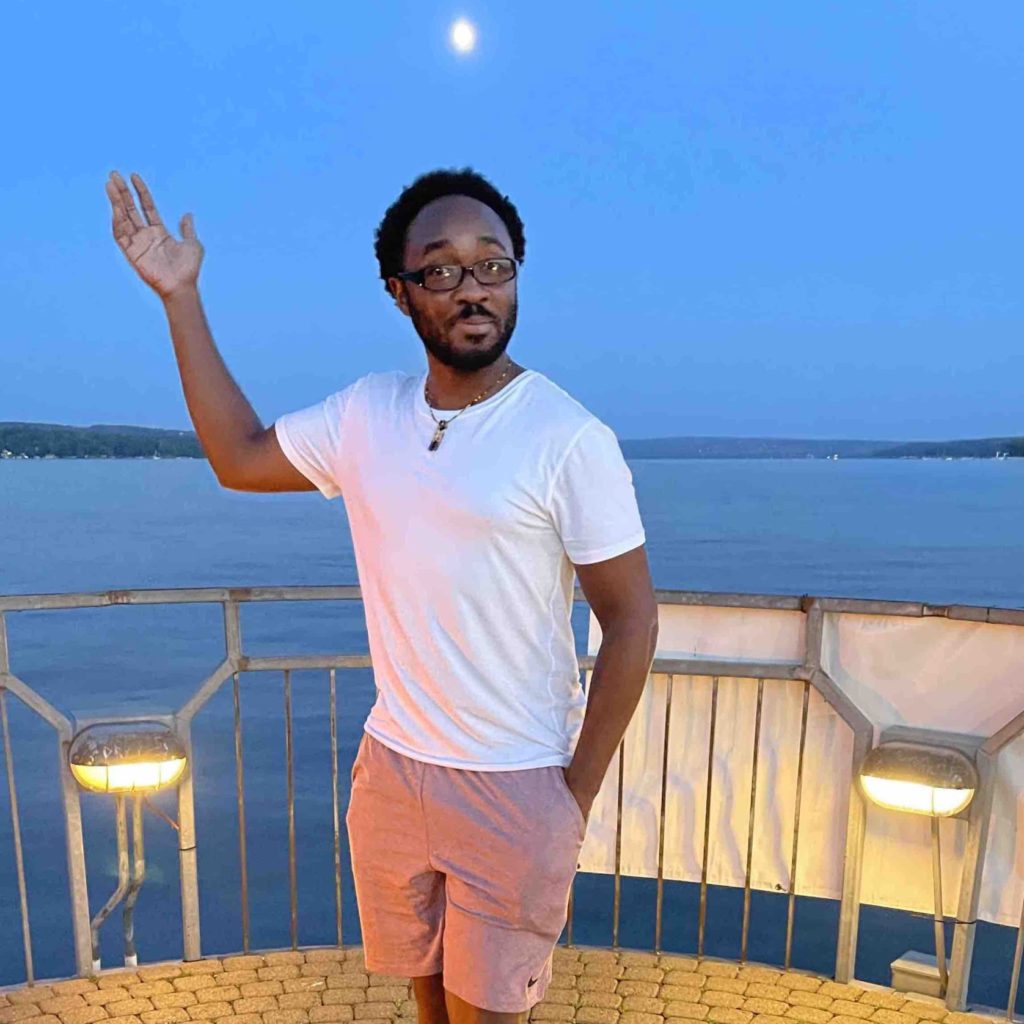
I am engulfed with members of my tribe and beautiful allies. Familial allies like my sister Duanna, the greatest living Libra, who called me up one day last year and said how she wanted to come to Pride that year with me to support me as an ally. Allies like my brother Duane, the greatest living Aries, who when I came out to him, said “You’re my brother, Phillip, I love you” and proceeded to hug me! And allies like my youngest sibling Cutter, who kept repeating, “You know I love you, brother dear!”
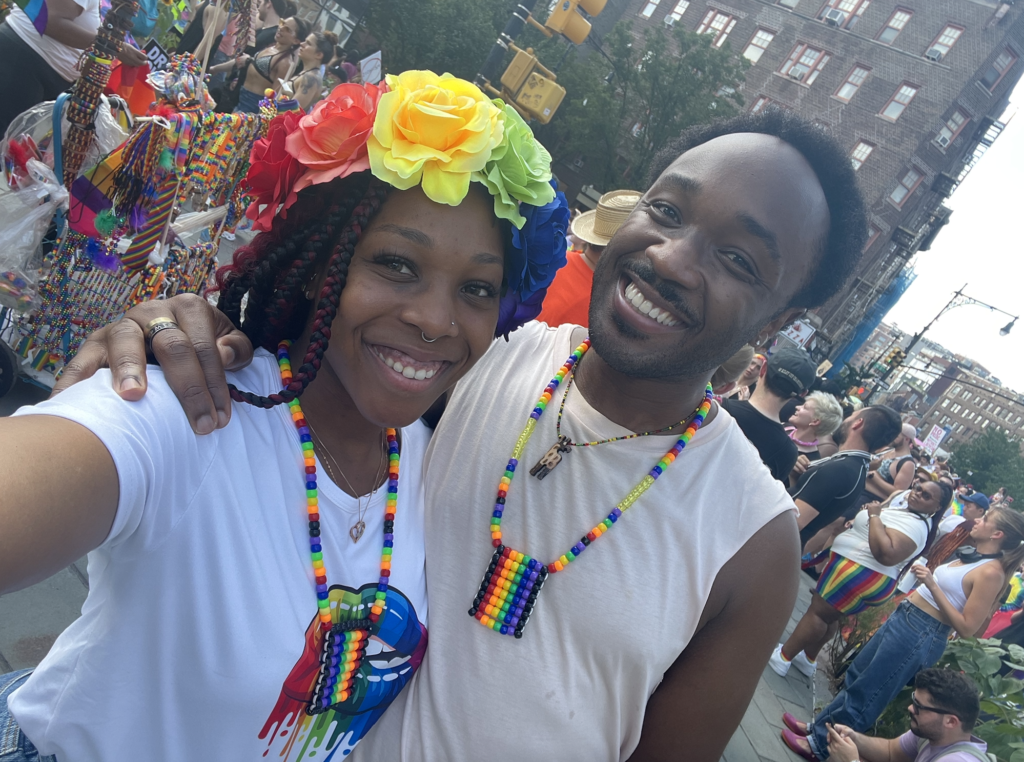
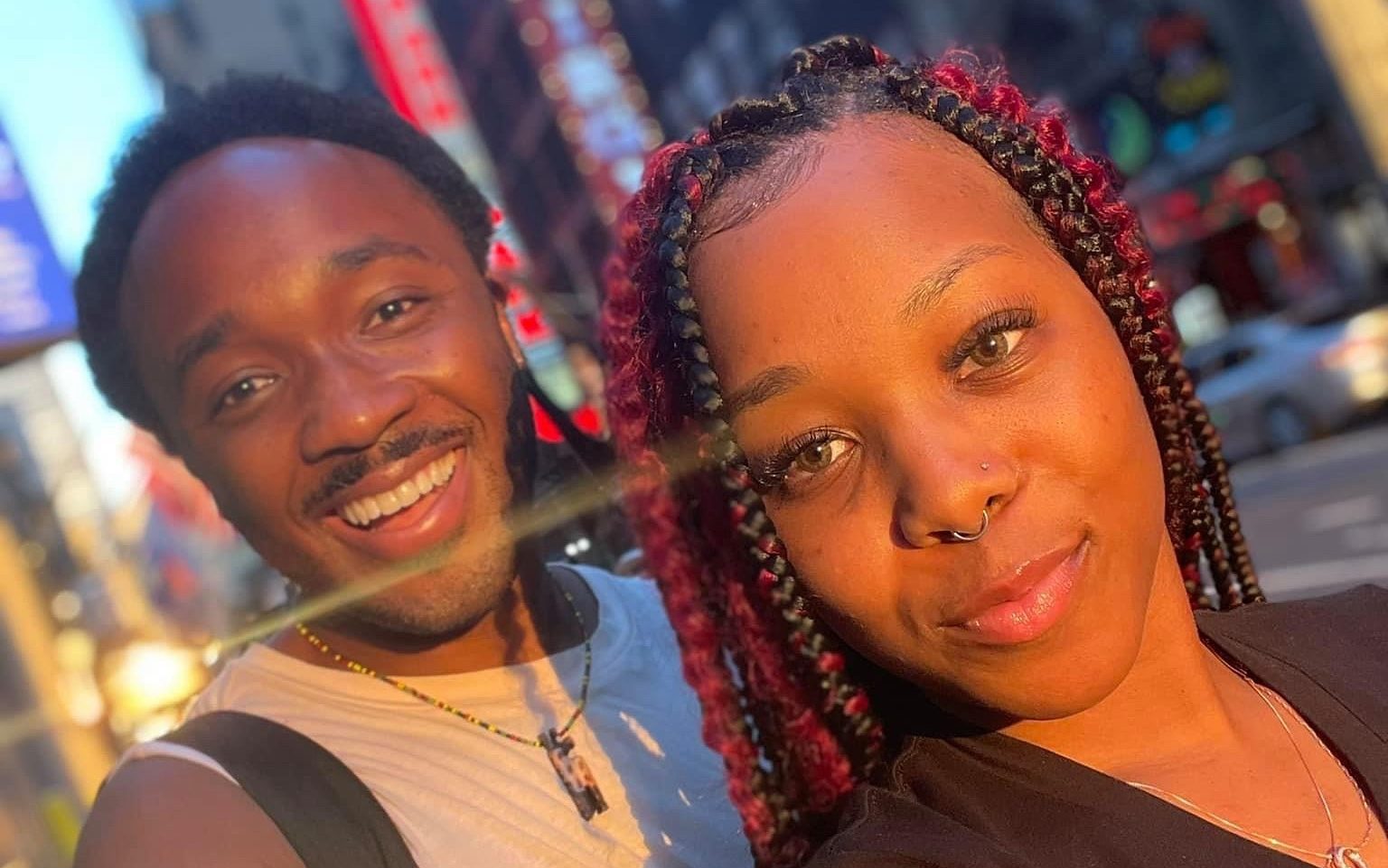
PHEW!!!
The abundance of love will always nourish my soul!
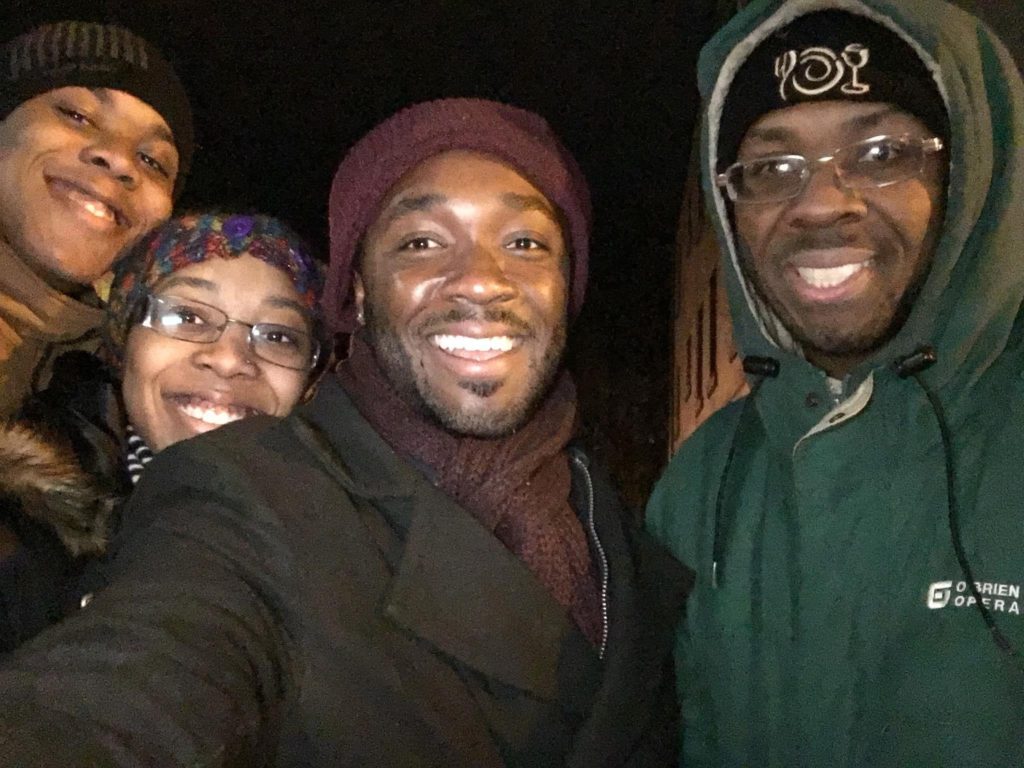
I am curating a piece of heaven on earth with a work I am extremely proud to present where I have the honor of reaffirming the resilience of my ancestor’s brilliance and exhume them as hidden figures, hidden no longer.
They existed then. We existed then. As we exist now. As we will continue to exist in the future.
Fighting all the schisms in the -isms.
Asè!
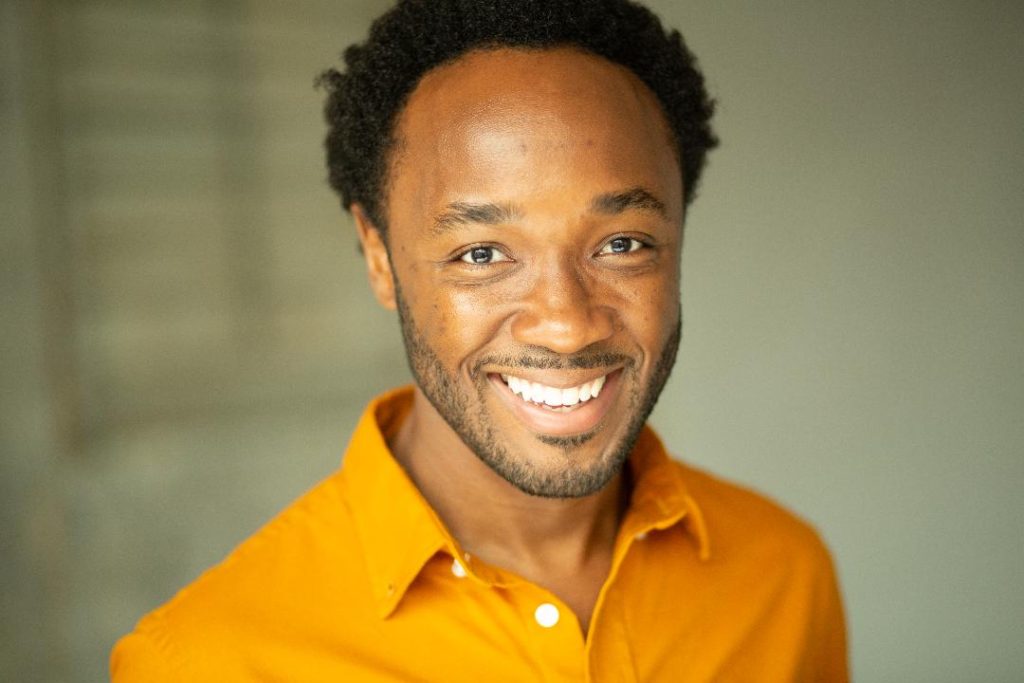
Phillip Gregory Burke is an Aquarius, artivist, actor and writer living in New York City. You can follow him @PhillipGBurke on the gram and the tweets.
Photo by Darnell Bennett.
Extended Play is a project of The Civilians. To learn more about The Civilians and to access exclusive discounts to shows, visit us and join our email list at TheCivilians.org.
Author
-
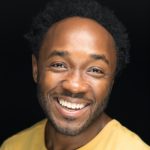
Phillip Gregory Burke is an Aquarius, artivist, actor and writer living in New York City. You can follow him @PhillipGBurke on the gram and the tweets.
View all posts


